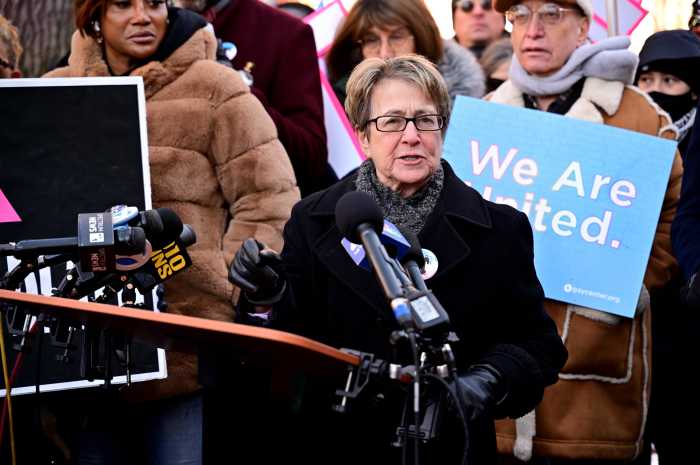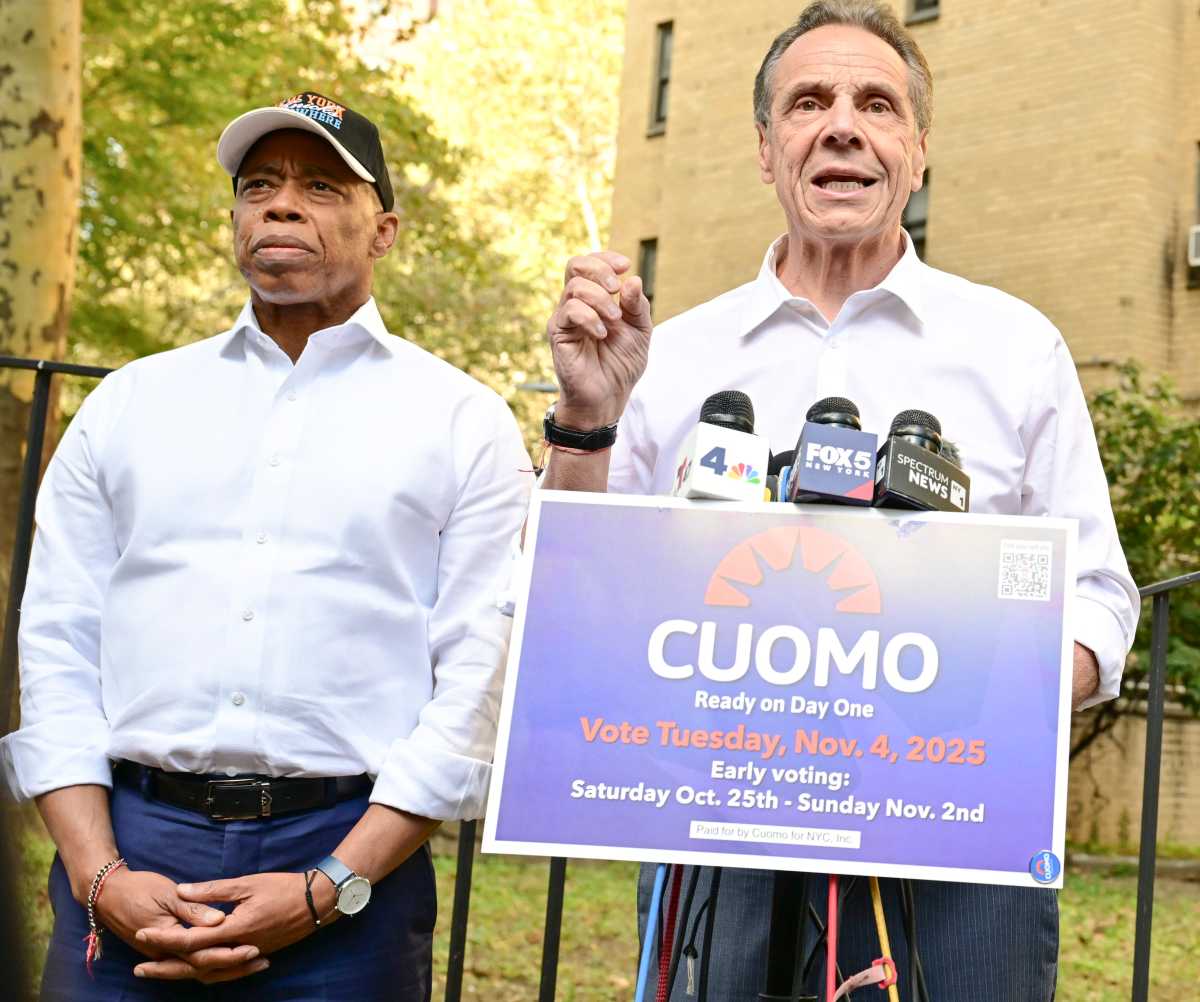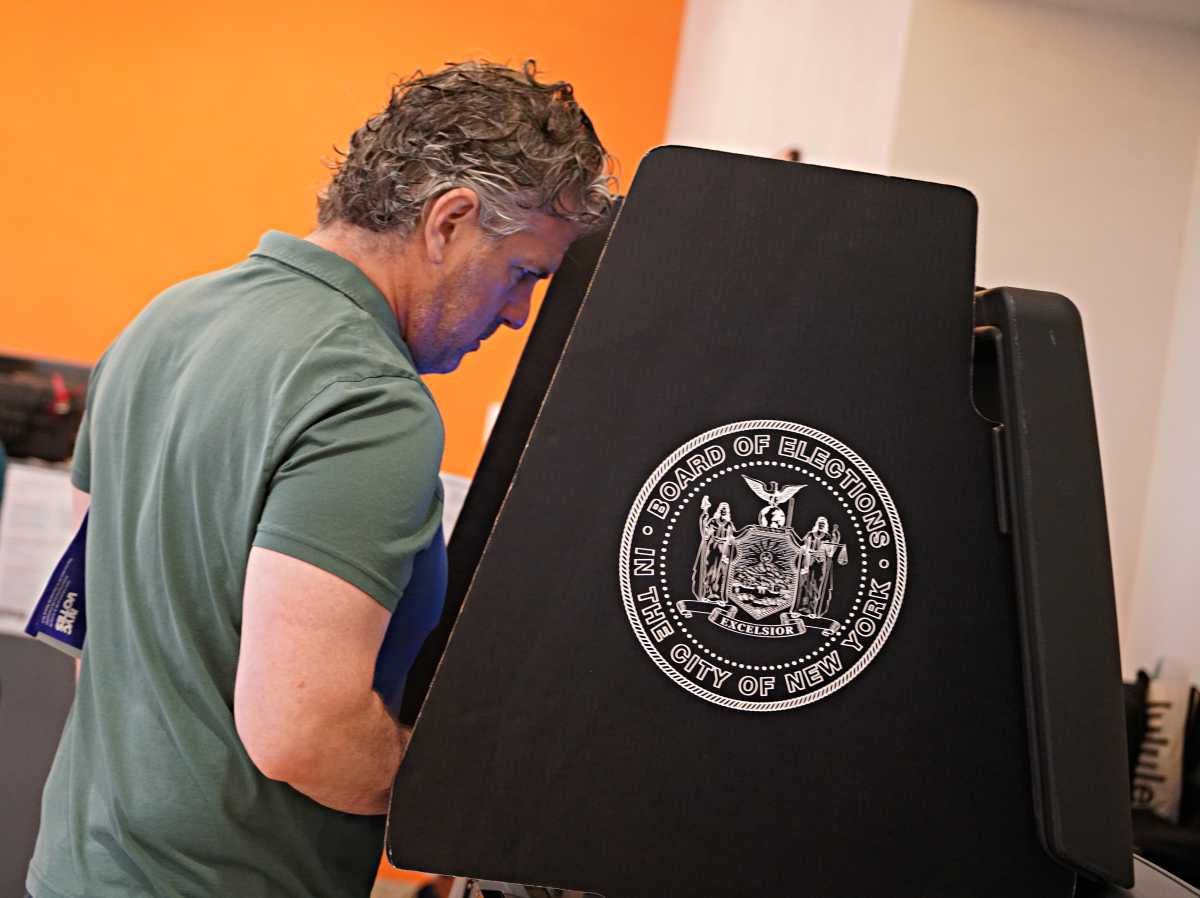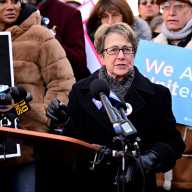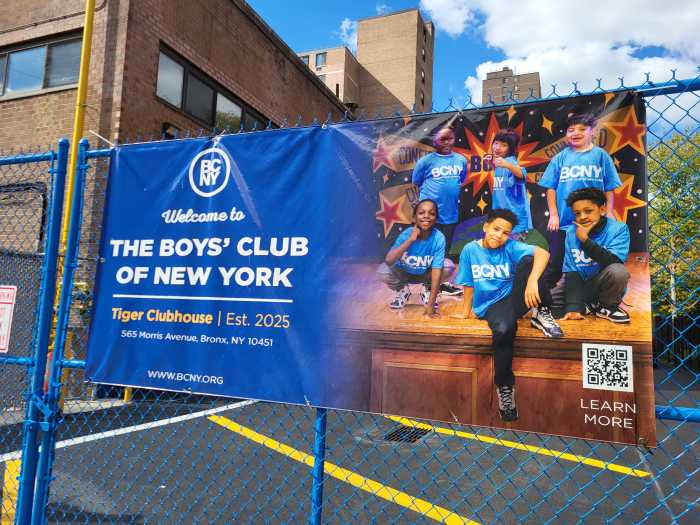Penn. Supreme Court issues unanimous vote supporting ‘life partners’
The Pennsylvania Supreme Court on December 6 weighed in heavily on the matter of same-sex relationships, unanimously upholding the constitutionality of a Philadelphia statute allowing same-sex couples to register as life partners, and ruling that such partners may receive the same benefits as legal dependents of public employees.
The decision, in an opinion by Justice Russell M. Nigro, overruled a decision by a lower state court.
At the same time, the Supreme Court agreed with the lower court, known as the Commonwealth Court, that two other aspects of Philadelphia’s law are invalid—a provision exempting life partners from the real estate transfer tax, and a provision adding “life partners” to the definition of “marital status” under the city’s civil rights law which bans discrimination on that basis.
In 1998, when the Philadelphia City Council amended the city’s Fair Practices Ordinance to ban discrimination on the basis of marital status, and then added “life partners” to the definition of marital status, life partners were defined as adult same-sex couples who lived together, were financially interdependent, were not so closely related together as to preclude marriage if they were of the opposite sex, and who swore that they were responsible for each other’s common welfare. Only those registered with the city were covered by the law.
In a separate bill, the City Council added life partners to the list of relationships within which people were exempt from the city’s real estate transfer tax if they transferred property title between themselves.
William Devlin, a Philadelphia taxpayer who opposed any legal recognition for same-sex partners, joined with others to challenge the validity of these city laws in the state courts. Their main argument was based on a Defense of Marriage Act that Pennsylvania adopted in 1996 in response to the same-sex marriage litigation then taking place in Hawaii. The federal DOMA was also passed that year.
The complainants argued that as the state had outlawed same-sex marriage, Philadelphia could not create a “marital status” for life partners and provide them with benefits or other legal treatment characteristic of marriage. They also argued that the definition of marriage is a matter of state law, not subject to city action.
A trial judge in Philadelphia rejected the lawsuit, finding that there is a world of difference between “life partners” and “marriage,” considering the hundreds of rights and responsibilities that are part of being married. But the Commonwealth Court disagreed, finding that the public policy against same-sex marriage in Pennsylvania made the local laws invalid.
In his opinion this week, Nigro described Philadelphia’s broad powers to legislate within its borders, especially on municipal employment matters. The Commonwealth Court had stated that the city’s legislation infringed on a “substantive area of statewide concern,” but Nigro disagreed, writing that the city did not legislate “in the area of marriage here.” “Life partnership is simply not the functional equivalent of marriage,” Nigro wrote. “Indeed, even though the Legislation affords Life Partners certain limited rights and benefits that spouses also enjoy, those rights and benefits are but a small fraction of what marriage affords to its participants.”
However, regarding the marital status nondiscrimination provision, the Court found that municipal law dating already forbids discrimination on the basis of sexual orientation, rendering the 1998 law redundant. Also, because the city did not establish any requirement that life partners be Philadelphia residents, the court found that the legislation would reach beyond the city’s borders to establish rights for couples who were neither residents nor employees of the city, an impermissible extension of legislative power.
As for the real estate tax provision, because Pennsylvania’s constitution requires uniformity in tax treatment of various relationships entered by taxpayers, the Court found that Philadelphia could not convey tax breaks to gay domestic relationships not also afforded to heterosexual non-marriage partnerships not covered by the law.
The state Supreme Court decision is a significant victory for lesbian and gay couples in Philadelphia, and especially those in which one member works for the city. Though complainants could yet seek appeal, since this ruling is based on state law, it is an unlikely candidate for U.S. Supreme Court review.

